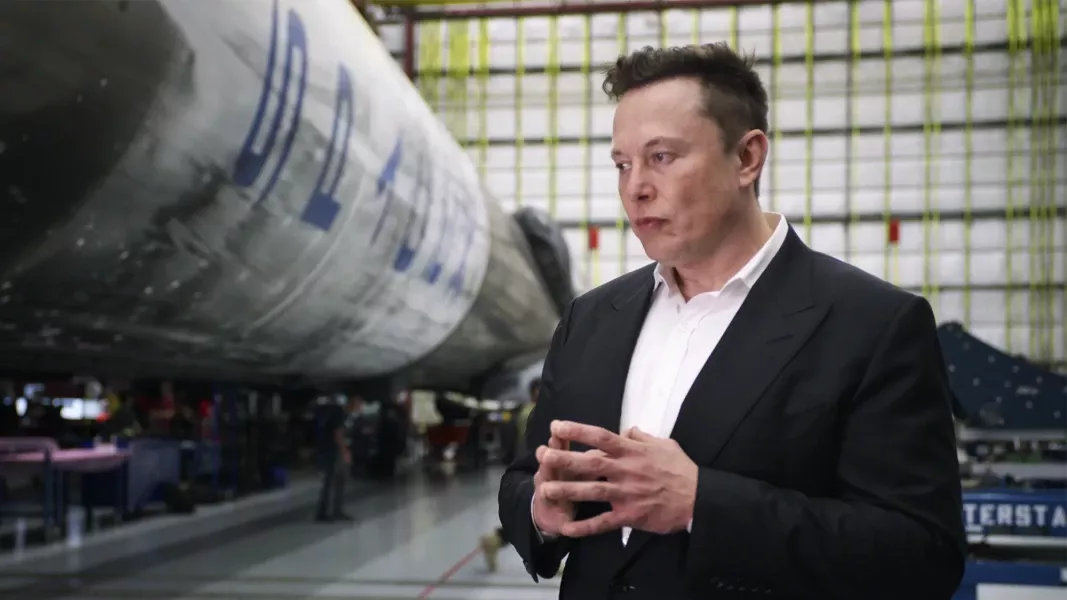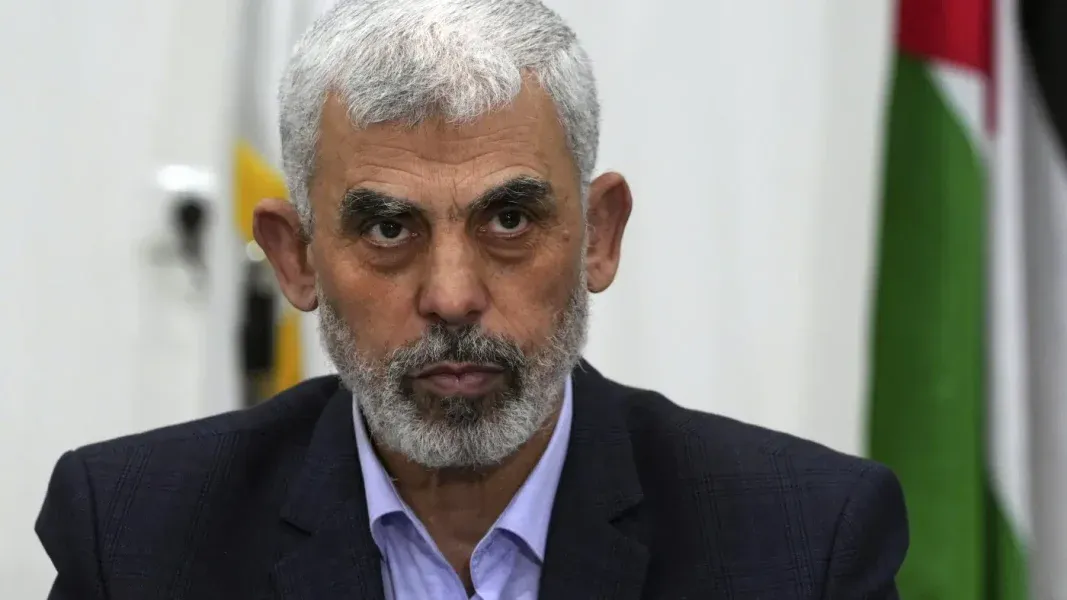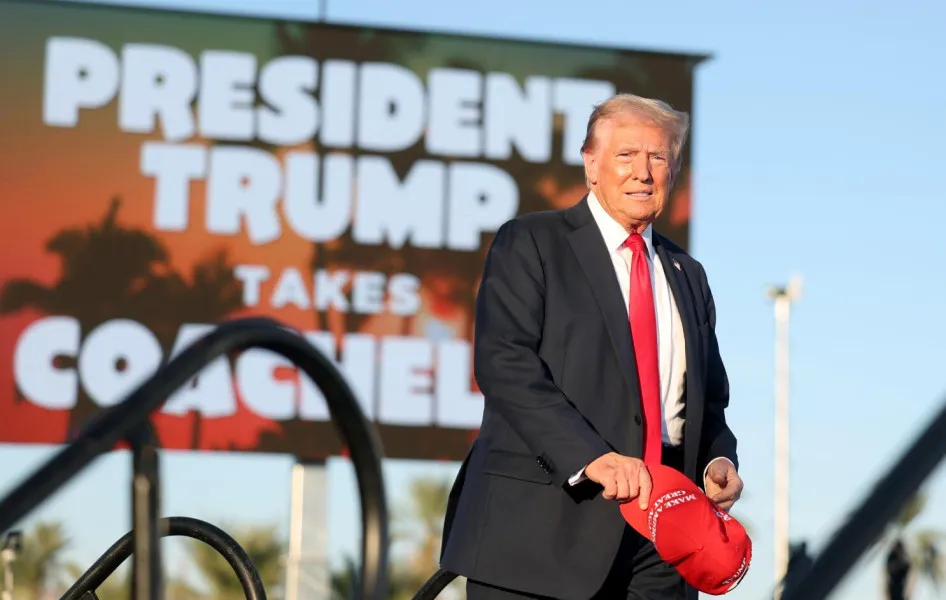Elon Musk, the co-founder of OpenAI, has filed a legal case against the AI firm he played a pivotal role in establishing in 2015. Accusing its current leadership of a significant departure from its original mission, Musk contends that recent changes within OpenAI have effectively transformed the organization into a subsidiary of Microsoft, a move he asserts breaches the initial non-profit vision.
In documents filed in a San Francisco court late on Thursday, Musk argues that OpenAI was originally conceived as a non-profit entity. However, he claims that recent developments, particularly alterations in the boardroom dynamics, have led to a significant deviation from this founding principle, with OpenAI now operating under the influence of software giant Microsoft.
Despite Musk’s allegations, both Microsoft and OpenAI have consistently denied claims of Microsoft’s control over OpenAI.
The legal filing comes against the backdrop of OpenAI’s notable advancements in the AI landscape, particularly with the release of its chatbot ChatGPT in late 2022, which garnered widespread attention for its ability to generate coherent text, including poems, essays, and exam-worthy answers. Additionally, OpenAI’s development of image and video generating tools has positioned the firm as a leader in the field of artificial intelligence.
However, Musk’s legal case underscores concerns about the direction of OpenAI, accusing the firm of prioritizing profit over its original mission of developing artificial general intelligence (AGI) for the benefit of humanity. He alleges that recent changes within OpenAI represent a betrayal of its founding principles, pointing to the continued pursuit of AGI while operating in secrecy toward a profit-centric future, potentially with adverse implications for humanity.
Musk is seeking compensation through the legal action, as well as a mandate for OpenAI’s leaders to make their research open to the public and a prohibition on OpenAI or Microsoft from profiting from the technology.
Since his departure from OpenAI in 2018, Musk has been vocal about the risks associated with superintelligence, emphasizing the need for caution in AI development. Last year, he launched his own AI firm, xAI, with plans to raise $1 billion from investors, indicating his continued involvement and interest in shaping the future of artificial intelligence.





